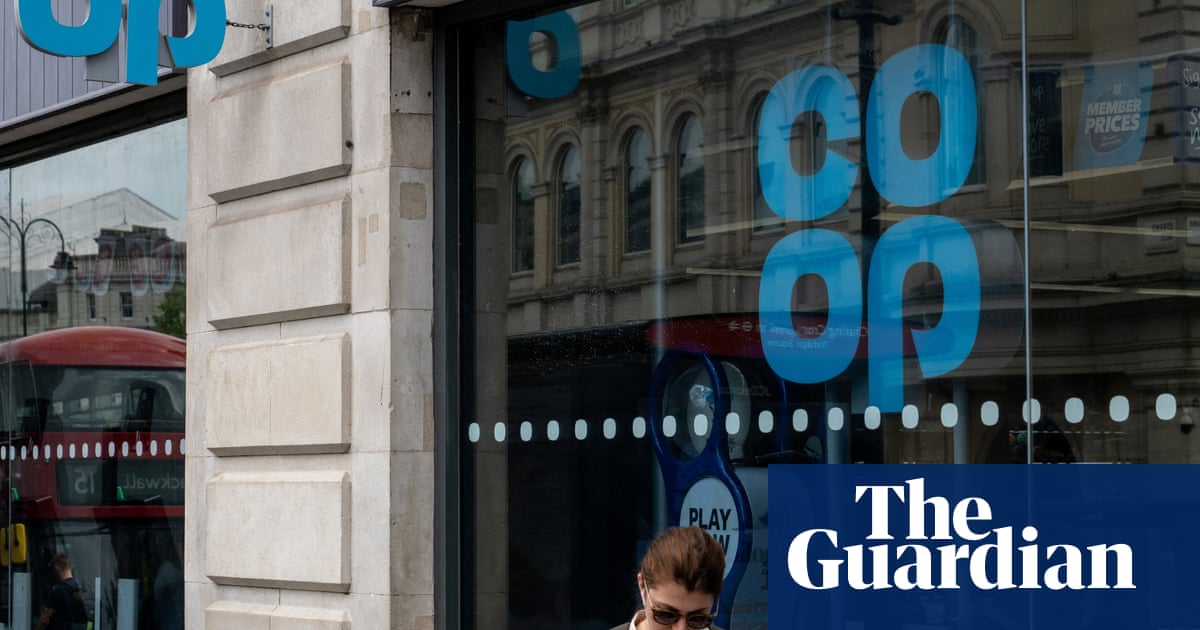The Co-op has said that stock availability in its stores will not improve until this weekend, as it struggles to recover froma cyber-attack two weeks ago.
The grocery to funerals mutual said it was in the “recovery phase” and “working closely with our suppliers to restock our stores” after bringing its stock ordering system back online. The system was closed down as part ofefforts to fend off the cyber-attack.
Shoppers have complained of empty shelves in Co-op stores with rural communities, especially inScotland, facing particular difficulties in accessing essential supplies as the group’s grocery stores are often the only major food store for miles. The group previously said it had put emergency systems in place to prioritise stores in such locations.
It also said last week that it was “flowing in an increased level of fresh, chilled and frozen products alongside cupboard essentials” to stores despite the disruption.
A spokesperson for Co-op said: “Following the malicious third-party cyber-attack, we took early and decisive action to restrict access to our systems in order to protect our Co-op. We are now in the recovery phase and are taking steps to bring our systems gradually back online in a safe and controlled manner.”
It said that all forms of payment, including contactless and chip and pin, were working across its stores.
The Co-op said earlier this month that hackers had accessed and extracted data relating to a “significant number” of its customers from one of its systems. The information included names and contact details. It did not include passwords or financial information such as bank or credit card details.
The hack emerged within days of a similar attack on Marks & Spencer, which has been forced to close down its website and run low on stock in some stores as it tackles the incident, while the luxury department store Harrods wasforced to shut down some systemsafter it was hit by a cyber-attack.
M&S revealed on Tuesday that some personal information relating to thousands of customers was taken in thecyber-attack that has crippled its online operationfor more than three weeks.
The retailer said some customer data had been accessed but this did not include usable payment or card details or any account passwords. The details taken were names, addresses, dates of birth and order histories.
Sign up toBusiness Today
Get set for the working day – we'll point you to all the business news and analysis you need every morning
after newsletter promotion
The Co-op and M&S are expected to have to pay significant fines relating to the theft of customer data from their systems on top of losing sales.
M&S could claim up to £100m from its cyber insurers in relation to the attack, according to a report in the Financial Times, significantly more than analysts had previously expected.
